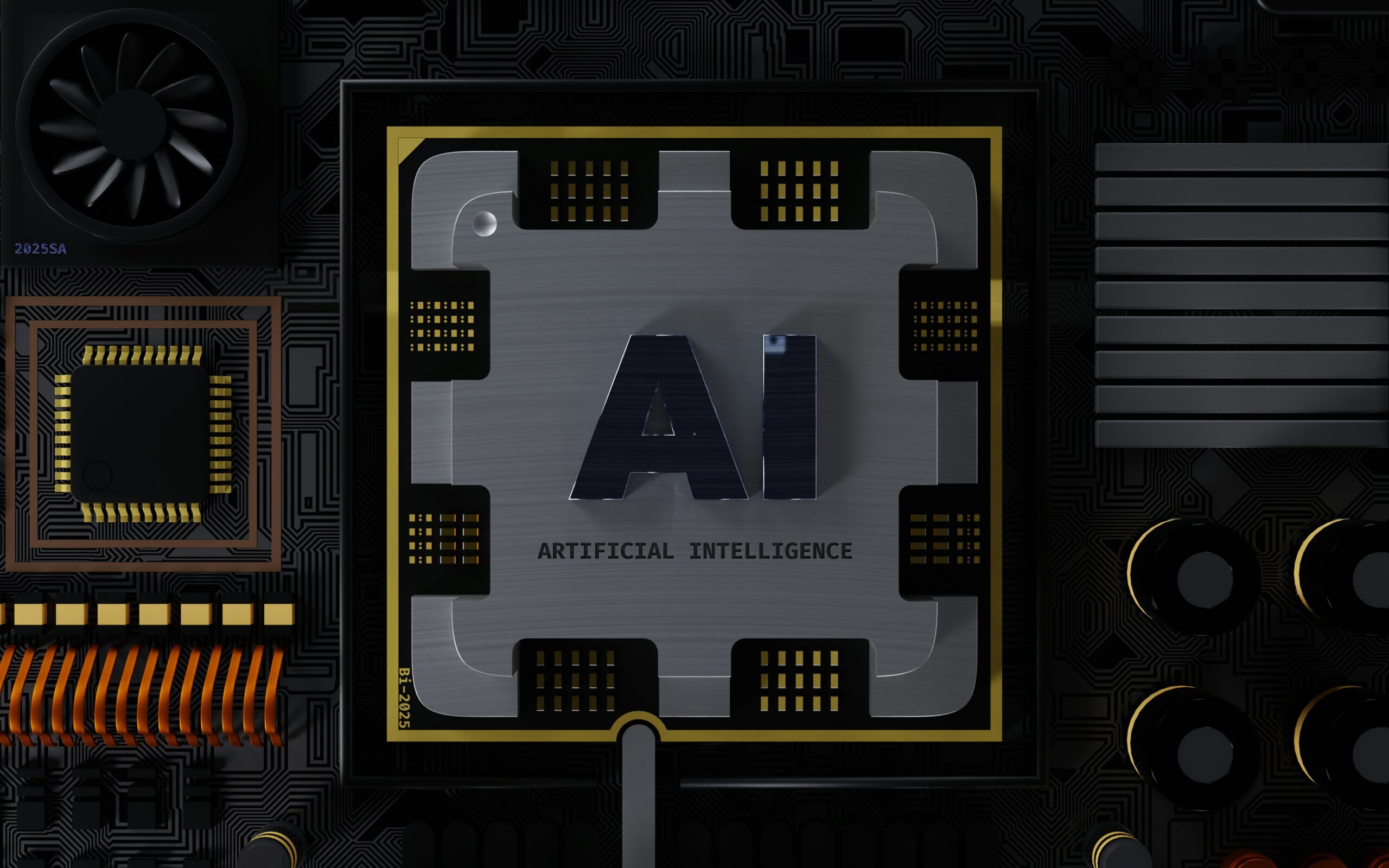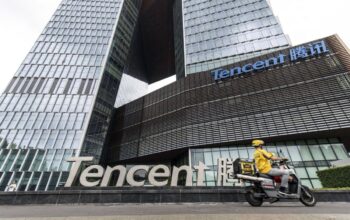Uzone.id – Samsung Electronics is expected to profit up to 13 times in the second quarter from a year earlier as demand for artificial intelligence technology drives up memory chip prices.
According to Reuters, operating profit for the world’s largest maker of memory chips, smartphones and TVs likely rose to 8.8 trillion won ($6.34 billion) in the quarter ended June 30, according to the LSEG SmartEstimate average of 27 analysts, weighted to their directions being more consistently accurate.
This amount will be Samsung’s highest profit since the third quarter of 2022. This amount compares with operating profit of 670 billion won in the second quarter of last year.
The performance of the tech giant’s main semiconductor division is likely to continue its second consecutive quarterly profit increase, as memory chip prices continue to rise from their lowest point in mid-2022 to the end of 2023 due to weak post-pandemic demand for gadgets using such chips.
Booming demand for high-end DRAM chips such as wideband memory (HBM) chips used in AI chipsets, as well as chips used in data center servers and gadgets running AI services, is supporting a broad recovery in the chip industry, analysts said.
During the second quarter, memory chip prices jumped about 13% to 18% over the previous quarter for DRAM chips used in technology devices and 15% to 20% for NAND Flash chips used for data storage, according to data provider TrendForce.
Operating profit in Q2 at Samsung’s chip division is expected to be 4.6 trillion won according to the average estimate of 10 analysts. This compares with a loss of 4.36 trillion won for the same period last year.

Its mobile business likely saw Q2 operating profit shrink compared with last year despite shipping the same number of smartphones, analysts said, due to higher parts costs and higher marketing and development costs for AI services.
The mobile business is likely to report an operating profit of around 2.2 trillion won, according to the average estimate of 10 analysts, down from a profit of 3.04 trillion won a year ago.
Samsung is expected to compete with rival Apple, opening a new tab at the top of the market when it launches its latest flagship foldable phone and phone accessories, including a new ring for health monitoring, on July 10 in Paris.
Samsung Electronics, the South Korean big tech company, has a long and huge history in the semiconductor industry. The company has been a global leader in memory chip production for decades, and in recent years, Samsung has expanded its reach into the fast-growing AI chip market.
Here are some key points regarding Samsung’s background in the AI chip business:
Promising Investment:
– Samsung has huge investments in research and development for AI chips. In 2022 alone, this company announced plans to invest 450 trillion won, or the equivalent of $36 billion in the semiconductor business over the next five years. The investment is focused on AI, 5G, and high-performance computing.
– Samsung is also building a new chip production facility totaling $17 billion in Taylor, Texas. This facility is scheduled to operate in 2025 with a focus on the production of AI chips and high-performance computing.
Product Innovation:
Samsung has innovated by developing various AI chip products, including:
- Exynos: SoC (System-on-Chip) is the AI used in smartphones and handheld devices from Samsung.
- Greenstone: This on-chip AI SoC is designed for data center and cloud computing applications.
- Salvator: This AI chip is made specifically for machine learning applications.
Samsung advantages:
Compared to other brands, Samsung has several advantages that its competitors in the AI chip business do not have. Among them:
- Manufacturing: Samsung has the manufacturing power to produce the world’s largest memory chips and has the strongest manufacturing expertise to apply to AI chips.
- Portfolio: It cannot be denied that Samsung has offered many products with AI chips to meet various consumer needs.
- Commitment to R&D: Samsung has invested heavily in AI chip R&D and is committed to continuing to develop new technologies.
Even though Samsung is a big company in both the smartphone and AI chip businesses, several challenges must be overcome. One of Samsung’s challenges in the AI chip business is that the market is very competitive because it competes with big names such as NVIDIA, Intel, and Qualcomm.
Plus, current technological changes are very fast, so AI chip technology must also continue to develop. This means that Samsung must continue to innovate to remain competitive in this market.
On the other hand, the AI chip industry also requires skilled and knowledgeable workers. Samsung needs to compete with other companies to be able to provide human resources with the best talent.















